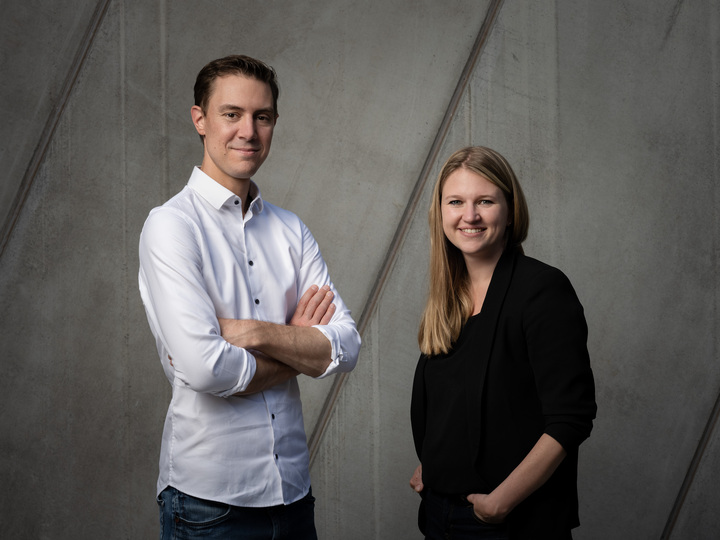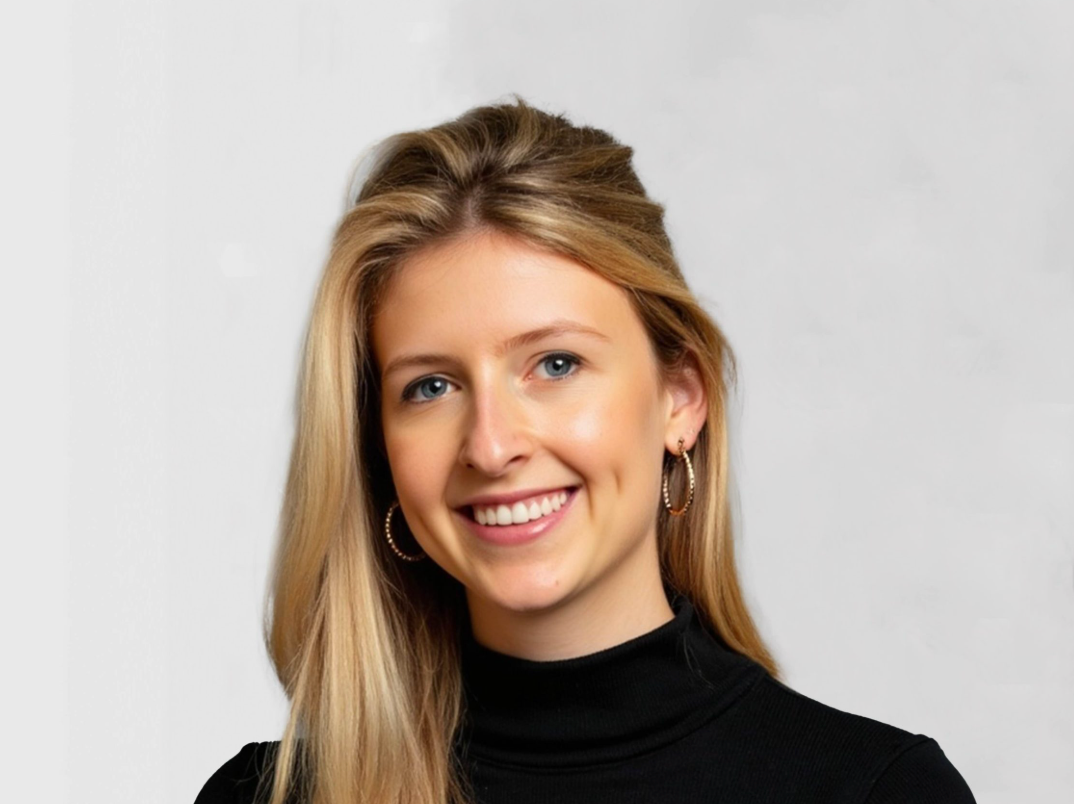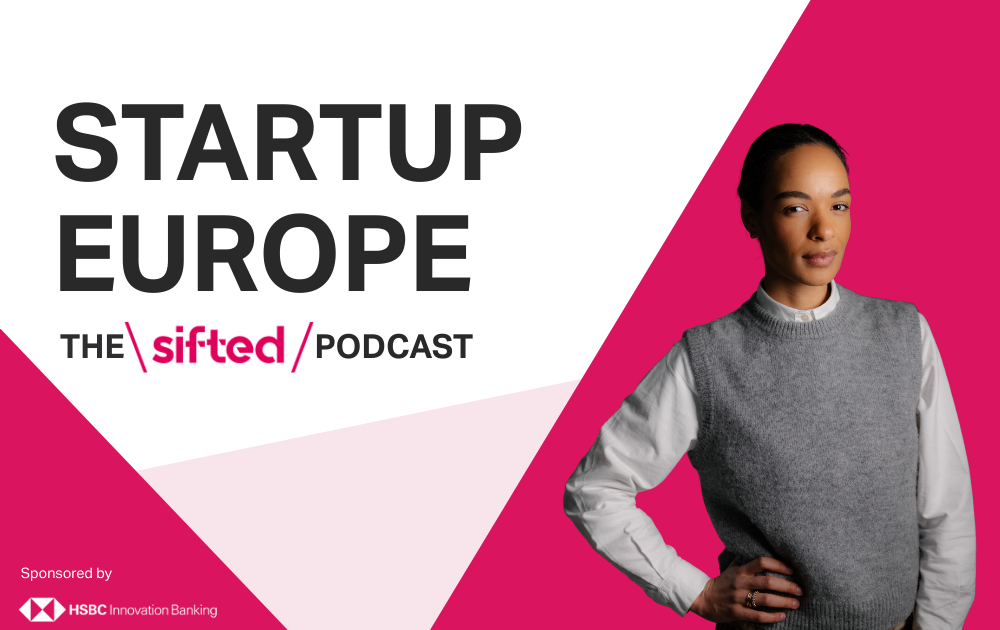The European software-as-a-service (SaaS) sector is undergoing a “reset” amid rising interest rates and inflation, according to the latest report published by VC firm Accel.
The firm’s 2022 Euroscape report shows a substantial slowdown in investors’ activity in SaaS startups in Q3 2022 — an early tangible impact of the economic downturn that's been spreading through the markets in recent months. There were also fewer new SaaS unicorns created than in previous quarters.
SaaS is the second largest area of investment for VCs in Europe which means that any hit the sector takes will likely to felt as badly or worse by others.
Less money
Funding raised by European and Israeli SaaS startups between January and the end of September dropped to $27.3bn from $31bn last year in the same period. Q3 saw a 42% decline in funding in comparison to the previous quarter ($6.5bn down from $11.3bn).
Despite the decline in overall funding, early-stage SaaS round sizes have continued to increase. The average European/Israeli Series A round increased to $16m from $14m in 2021.
As investors become more cautious, fewer companies are reaching the unicorn milestone of a $1bn valuation. Since the beginning of 2021, more than 10 new SaaS unicorns were created in Europe and Israel each quarter. In Q3 2022, only one company from the region hit a valuation of over $1bn.
Silver lining
But it’s not all bad news: the study suggests that some wider economic trends may override the economic slowdown, leaving SaaS startups with room to grow. It mentions, for example, the continuously growing demand for cloud services and companies’ digital transformation services.
The study also suggests that the European SaaS market is becoming more diverse: of the 32 new unicorns created this year across Europe and Israel, 10 have come from outside of the dominant tech hubs, from countries such as Ireland (FlipDish, TransferMate), Switzerland (Sonar, Scandit), Belgium (Deliverect) and Estonia (Veriff).
Moreover, the report says the sector isn’t lacking money: more than a half of European SaaS unicorns achieve a $100m+ ARR, which proves the durability of their business model.
"European cloud startups have raised an unprecedented $80bn in the past few years and this cash will help carry the ecosystem despite the macro headwinds," says Philippe Botteri, partner at Accel. "For example, our analysis shows that on average, the 122 cloud unicorns in Europe and Israel are mostly likely to grow into their valuation, so we don't see a flurry of downrounds happening".



